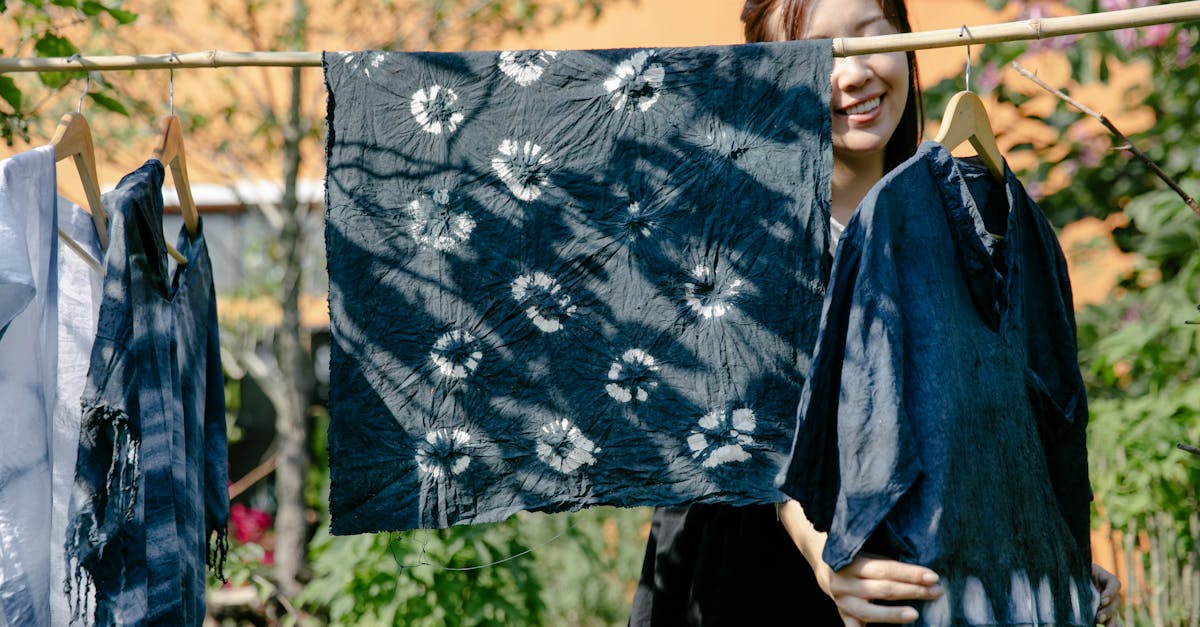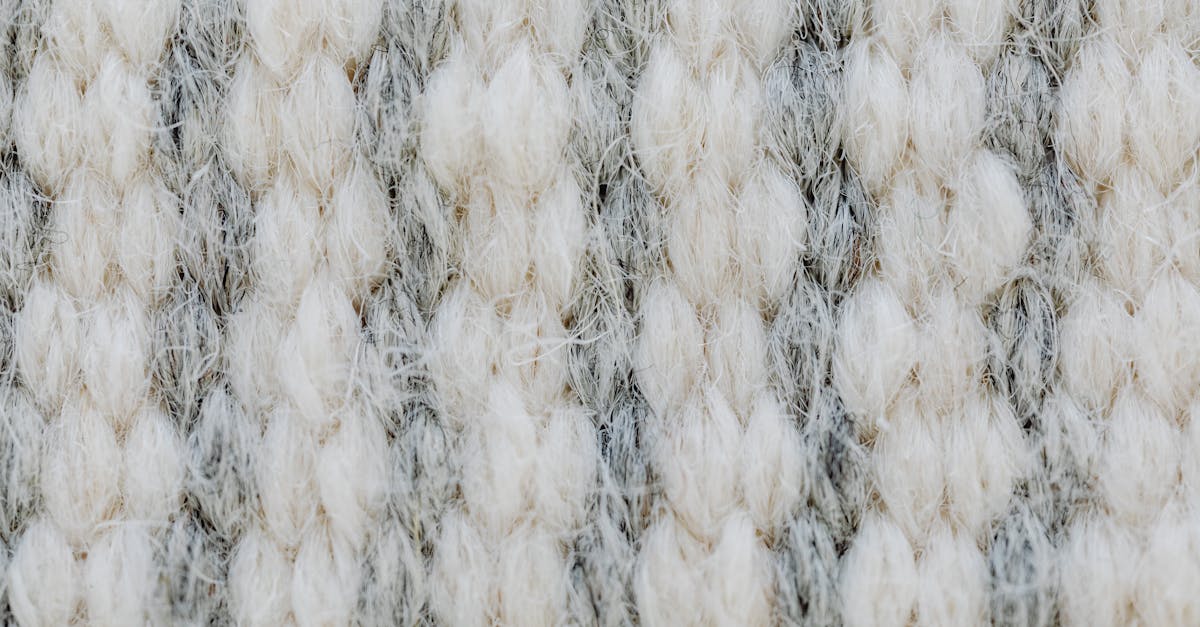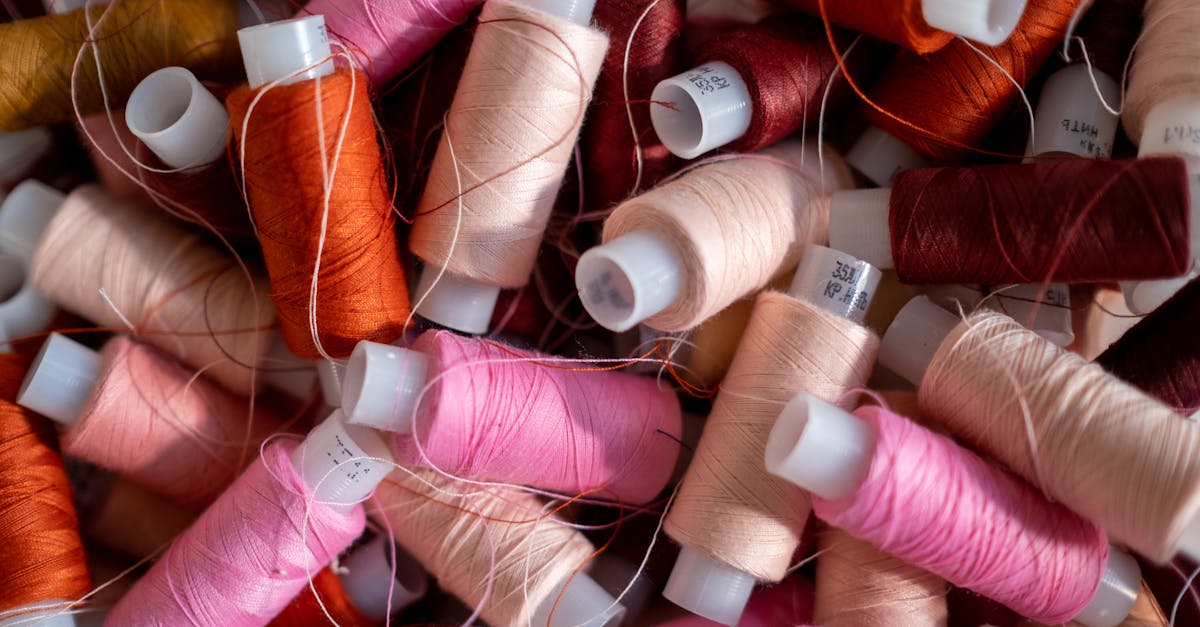The Evolution of Mindfulness Threads in Fashion
Introduction
Fashion, a reflection of societal changes, has embraced a new paradigm—mindfulness. This shift is evident in the emergence of mindfulness threads, blending sustainability and style. Historically, fashion was predominantly about aesthetics and innovation. Today, there's a growing emphasis on mindful consumption and production. Consumers are increasingly aware of their environmental footprint. The evolution of mindfulness threads marks a progressive stride towards a responsible fashion future.
Advertisement
The Origins of Mindfulness Fashion
The concept of mindfulness in fashion is rooted in the broader mindfulness movement. It can trace its origins back to the early 21st century as sustainability became a buzzword. Environmental activists and celebrities began advocating for eco-friendly lifestyles, influencing fashion trends. Designers and brands responded by exploring organic and recycled materials. Slowly, a niche market of eco-conscious consumers emerged, eager for apparel aligning with their values.
Advertisement
Sustainability as a Central Pillar
Mindfulness threads are heavily characterized by their sustainable approach. Organic cotton, bamboo fibers, and recycled polyester have become staple materials. Brands prioritize sustainable sourcing, ethical labor practices, and reduced carbon footprints. The industry sees an influx of certifications, such as GOTS (Global Organic Textile Standard), ensuring sustainable processes. Through transparency and accountability, mindfulness fashion garners trust and loyalty from consumers.
Advertisement
The Role of Technology
Innovation has been pivotal in the evolution of mindfulness threads. Technology enables sustainable innovation, from dyeing techniques that minimize water use to 3D-knitting that reduces waste. Blockchain technology is gaining traction, offering traceability in the supply chain. Brands like Patagonia and Everlane leverage tech to boost transparency, allowing consumers to see the journey of their garments from factory to closet.
Advertisement
Changing Consumer Attitudes
Today's consumers are increasingly demanding ethical and sustainable options. Reports indicate a significant rise in the conscious consumer base, especially among millennials and Gen Z. Social media plays a crucial role, with influencers advocating for ethical fashion choices. "Fast fashion" faces scrutiny as consumers seek quality over quantity, influencing brands to adapt or risk losing relevance. The shift isn’t just a trend—it's a movement.
Advertisement
Economic Implications
Economic considerations have shaped mindfulness threads' traction. Initially, sustainable fashion was perceived as expensive, limiting its audience. However, economies of scale and increased competition have driven costs down. Brands like H&M and Zara are developing eco-friendly lines, making mindful fashion accessible. This economic shift indicates a growing recognition of sustainability as a viable market sector, promising profitability alongside responsibility.
Advertisement
Impact on Traditional Fashion Cycles
The mindfulness approach has disrupted fast-fashion cycles. Traditionally, fashion hinged on rapid consumption and disposal. Mindfulness threads emphasize timelessness, transcending seasonal changes. Capsule wardrobes, comprising classic and versatile pieces, are a byproduct of this approach. The emphasis on durability prompts brands to focus on quality, fostering an environment where clothing is cherished rather than discarded.
Advertisement
Design Aesthetics and Mindful Innovation
Designers are weaving mindfulness into aesthetics, embracing simplicity and functionality. Minimalist and sophisticated designs often feature neutral palettes, mirroring nature. Innovation in mindful design is evident in adaptive and multipurpose clothing. What was once niche has entered mainstream fashion, influencing high-end designers and mass-market brands alike. The result? Clothes that not only look good but feel good, resonating deeply with consumer values.
Advertisement
Challenges Ahead
Despite its evolution, the road to mainstream mindfulness fashion is fraught with challenges. Greenwashing—a tactic where brands falsely portray products as sustainable—poses a significant threat. Educating consumers to discern genuine mindful brands from imposters is crucial. Additionally, balancing affordability with sustainability remains a hurdle. Nonetheless, continuous innovation and consumer awareness are promised solutions, championing a hopeful future for mindfulness threads.
Advertisement
Conclusion: The Future Looks Bright
Mindfulness threads symbolize a new era in fashion—one rooted in consciousness, accountability, and innovation. As consumers become increasingly aware, the demand for ethical fashion will only grow. Brands are poised at a crucial juncture, balancing profitability with ecological stewardship. Mindfulness fashion isn't just a trend; it signifies a shift towards a holistic, sustainable lifestyle. The journey is ongoing, and the runway to a greener future is promisingly unending.
Advertisement


